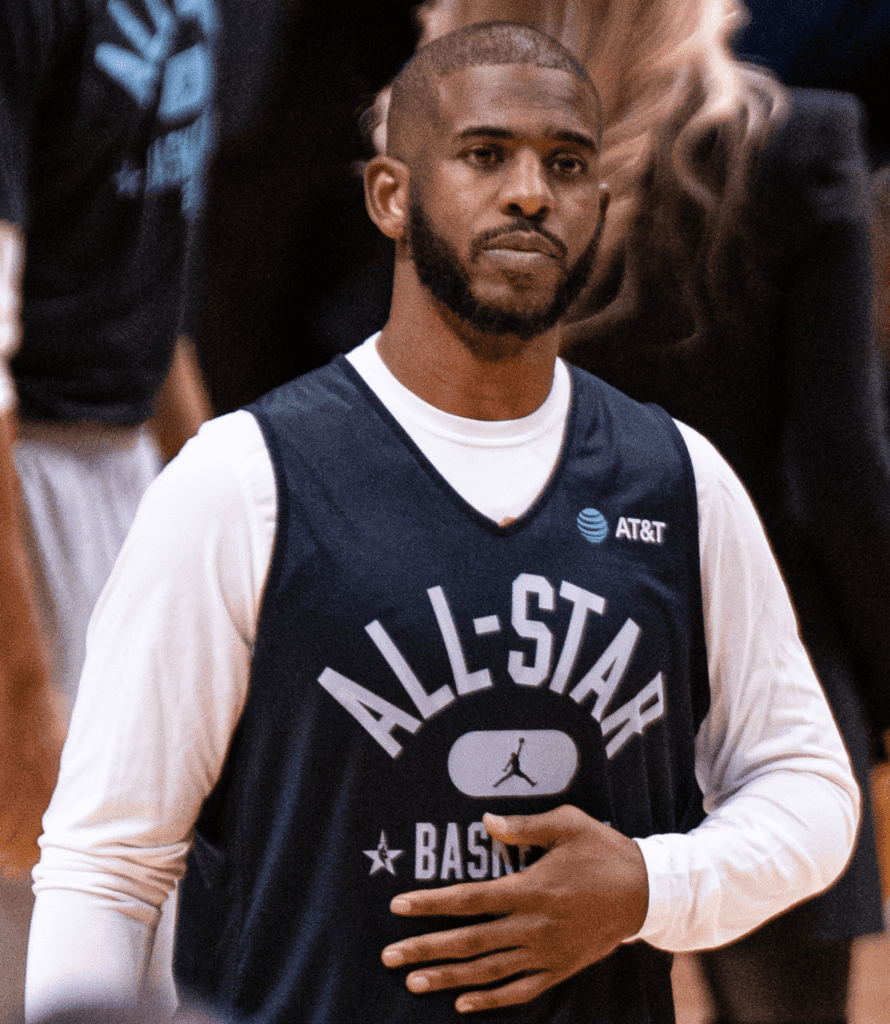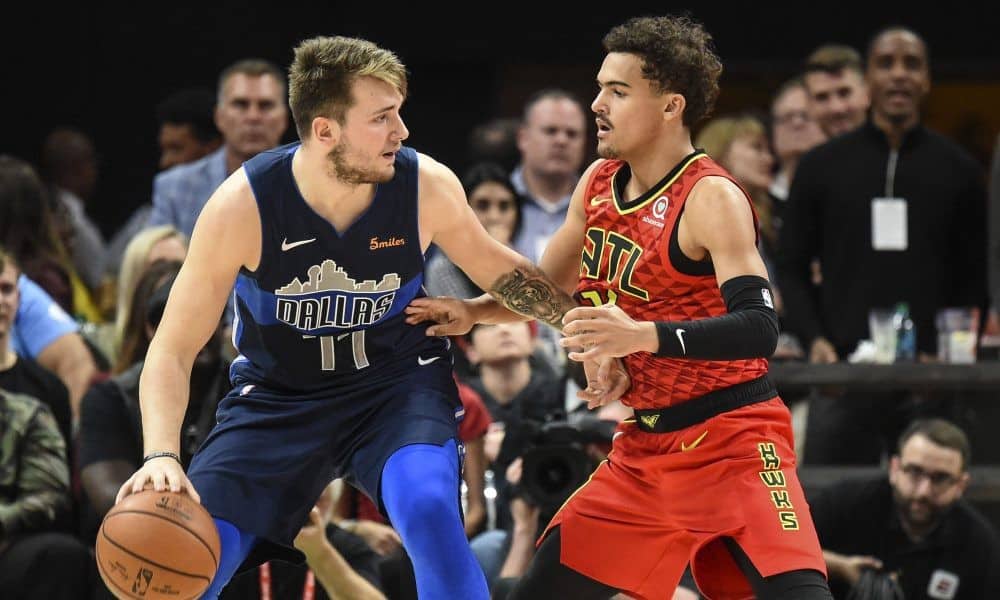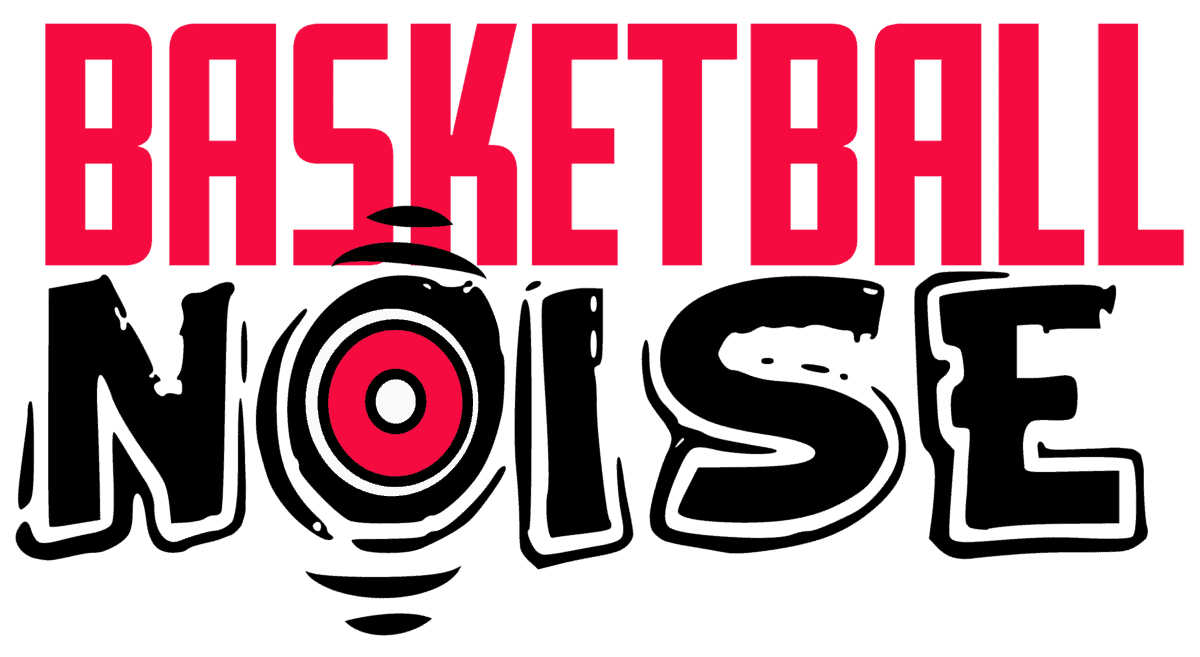You’ll hear talk of max players and max contract extensions in the NBA. Chances are you’ve never stopped to question what it all means. Like many subjects, it’s as complex or as simple as you want it to be. We look at the simple and touch on the complex below.
What Is A Max Contract In The NBA? A max contract is a category of contract that NBA teams can offer qualifying players. The value is mainly determined by the amount of NBA experience that the player has. For players who have six or less years in the league, they are allowed to sign a contract that is up to 25 percent of the team’s total salary cap. If they have played between seven to nine years, they can sign up to 30 percent of the cap. Then finally, if they have played 10 plus years, they can sign up to 35 percent.

This usually ends up being different for each player and organization depending on the time it is signed, what the salary cap is projected to do and other qualifiers unique to that player, such as Allstar appearances or MVP titles.
What Is A 1+1 Max Contract?
When talking about a max contract, not all of them have a player locked into the next four to five years with the organization. Sometimes, a veteran like LeBron James or Kevin Durant want to secure the most amount of annual money they possibly can but for only a few years. Lately, we have begun to see this done more often and it usually goes by the name of a 1+1 contract. What this means is that the player signs on for the current year, with a player option for the second year. This gives players some security should injury strike, but allows them the freedom to be in control of their ultimate destiny.
For example, if LeBron were to sign a 1+1 contract (maybe with whatever team Bronny James gets drafted too) he would be able to get the max amount of money he can for a single season in that first year. Then, in the following season, he would have instant control over his future. He could opt out of the deal, or if he likes the current set up he could decide to stay long term. Not all superstar vets will want to sign 1+1 contracts. Signing a fully guaranteed 5 year contract at the age of 32 or 33 would mean you are still going to be earning $40 million a season when you are approaching 40 and potentially not worth anywhere near that in on court playing terms. Teams would sign players to these contracts to get the last few years of their prime, willing to pay the cost of the back end of the contract for the immediate success they might bring. The 76ers are about to face this situation with new acquisition James Harden. He will be 33 next season and earning $47million in the final year of his current deal. Any contract extension is likely to cost the 76ers upwards of $240 over 5 years. Gambling the last 2-3 years of that contract against the success he may bring in the first 2.
Super Max Contracts
Now we have talked about max contracts, but there is in fact a thing called super max contracts as well. These contracts are more directed towards young players in the league that have instantly shown an ability to dominate the league unlike any other competitor. So, if a player has at least four years of experience in the league, he could genuinely find a way to get above the 25 percent max cap. There are three things that they could do in order to make that happen. The first would be if they could be named to an All-NBA team. Whether that is the first, second or third team, it doesn’t matter. Getting named to one in a players most recent season or in both of his previous two will allow him the possibility to get a super max deal. The next possibility is if a player gets handed the Defensive Player of the Year award in his last year or two. Finally, the last way would be if the guy gets handed the NBA MVP award in any of his three previous seasons, which makes a lot of sense. There are currently a number of players that have hit these achievements and are on a supermax deal. The first one to come to mind is Steph Curry on the Golden State Warriors. Others include Damian Lillard of the Portland Trail Blazers, Giannis Antetokounmpo of the Milwaukee Bucks and surprisingly Rudy Gobert of the Utah Jazz. I’m sure we will be seeing a handful of other super max contracts get handed out to younger players in this league over the upcoming few years. The amount of talent that the NBA currently has is astonishing.

Most Shocking Max Contracts Ever Handed Out
Believe me, there have been a lot of horrible contracts handed out over the years. However, the max contracts that end up flopping always hurt the most for the NBA franchises. There have been a number of these instances over the history of the league, but none are more apparent than the Memphis Grizzlies locking up Chandler Parsons. Parsons and the team settled on a max contract of four years, $94 million back in 2016. He averaged 13.7 points the previous year so the team felt like he could be a genuine upgrade for them as the years passed by. Shockingly, this was the worst statistical season of his career outside of his rookie campaign and he missed 21 games due to injury in the process. Nevertheless, Memphis went all in and it didn’t pan out whatsoever. The next would be Harrison Barnes. Barnes was really popular after he won an NBA Championship with the Golden State Warriors. At the time, the Dallas Mavericks badly needed a big name signing for their team. That was when they gave Barnes a four-year, $94 million contract just like Parsons. Barnes was a decent player throughout his years with Dallas, certainly not worth that amount of money though. Then we move onto Otto Porter of the Washington Wizards. Porter looked like the perfect counterpart to the dynamic duo of John Wall and Bradley Beal. The three of them were even considered the best trio in the league by a few analysts in the NBA. Washington didn’t want to wait around and let their best players go, so they jumped ahead of the curve and inked Porter to a four-year, $106.5 million extension, the max he could receive. Porter was alright in the following years. He didn’t live up to the price tag that was placed on him and he was traded to the Chicago Bulls in just under two years afterwards. Bottom line, a player signing a max contract doesn’t guarantee you success as a team. Sometimes, a max contract can be a mistake. Although, if it wasn’t in place at all then we may have seen one of these guys get far more than they were given in the past. That would have certainly been something to see.
